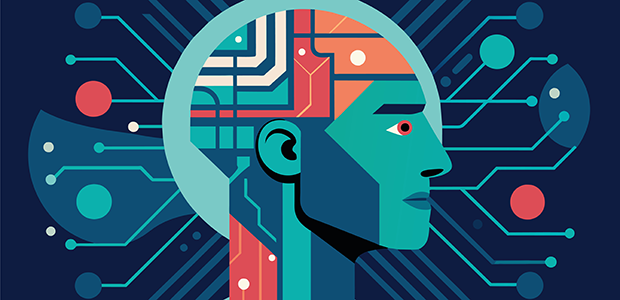
The future of neurotech: a conversation at CES 2025
At CES 2025, a panel discussion titled ‘The Future of NeuroTech: Exploring Tomorrow's Innovations’ brought together some of the brightest minds in neurotechnology to discuss the current state of the field, its future potential, and the challenges that lie ahead.
The panel featured Dale DiMassi, Creative Specialist at Psyonic; Jen French, Executive Director of Neurotech Networks; Nickolai Vysokov, CEO of BrainPatch.AI; and Alex Zimmerman, CEO of BrainSpec.
What impact has neurotechnology had on your life?
Jen French, who has been living with an implanted neuroprosthesis for over 25 years, shared: "About a year and a half after my injury, I discovered a research project that included an implantable neuroprosthesis. It allows me to use my legs, and I’m still using that device today, 25 years later."
Nickolai Vysokov recounted his early experiments with neural interfaces, saying: "At the age of 10, I created my first neural interface. It was an experiment inducing taste using a non-invasive electrical interface. Those experiments inspired me to pursue mental health solutions during challenging times."
Dale DiMassi highlighted the importance of storytelling in neurotechnology: "Stories about the real-world impact of neurotech can redefine perceptions and drive meaningful change. Through storytelling, we can show how these innovations are transforming lives."
Where is neurotechnology today?
Alex Zimmerman discussed the progress made in the field: "We’re at the very early stages, comparable to the period just before the rebirth of AI. The foundational technology is there, but we’re only beginning to understand how big this can become."
Nickolai Vysokov elaborated: "We’ve seen progress in areas like non-invasive stimulation protocols that deliver benefits akin to meditation for mental wellbeing. These advancements point to a promising future."
Challenges in advancing neurotechnology
The discussion highlighted several hurdles faced by researchers and developers:
Reliability and robustness: French emphasised: "Devices need to be reliable and durable, especially for people who depend on them daily. The process of creating such robust technology is long and challenging."
Personalisation: Vysokov stated: "Using AI to tailor neurostimulation protocols to individuals is complex. Personalisation is promising but requires significant effort."
Cost and accessibility: DiMassi raised concerns about affordability: "To make an impact, we need to focus on reducing costs and ensuring underserved communities can access these advancements."
Unlocking human potential
Jen French explained how retraining her brain through her prosthesis allowed her to adapt and overcome challenges: "It’s about navigating life differently and relearning how to interact with the world. Neurotechnology has been essential in helping me do that."
Nickolai Vysokov spoke about mental health applications: "Imagine tools that deliver similar benefits to meditation but make it more accessible. Neurotech can address mental wellbeing in ways we’re just starting to explore."
Alex Zimmerman shared examples of productivity enhancements: "Severely paralysed individuals using brain-computer interfaces are now able to type faster than the average person. This is just the beginning of unlocking human potential."
Addressing misconceptions
Jen French emphasised the need for awareness: "Many people are unaware of what’s available today. Building awareness is crucial for reducing misconceptions about neurotechnology."
Nickolai Vysokov added: "The hype cycle often leads to inflated expectations, followed by disappointment. We need to strike a balance and manage public perceptions responsibly."
Alex Zimmerman discussed communication challenges: "Engineers must clearly define terms like 'brain control' to prevent misunderstandings about the capabilities of these technologies."
Collaboration as the path forward
Nickolai Vysokov concluded: "Collaboration is key. No single organisation can tackle these challenges alone. Partnerships between academia, industry, and government are essential."
Dale DiMassi added: "By working together, we can ensure these innovations are not only impactful but also equitable and accessible."
Final thoughts
As neurotechnology continues to evolve, it holds the promise of transforming how humans interact with their environments, manage health challenges, and unlock latent potential. While challenges remain, the passion and ingenuity displayed by the panellists at CES 2025 underscored a shared commitment to pushing the boundaries of what is possible in this exciting field.
Watch Startups Magazines video interviews from CES 2025

